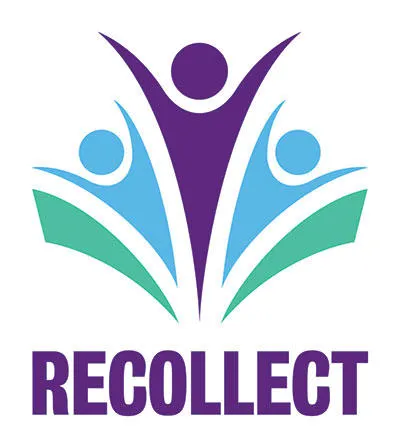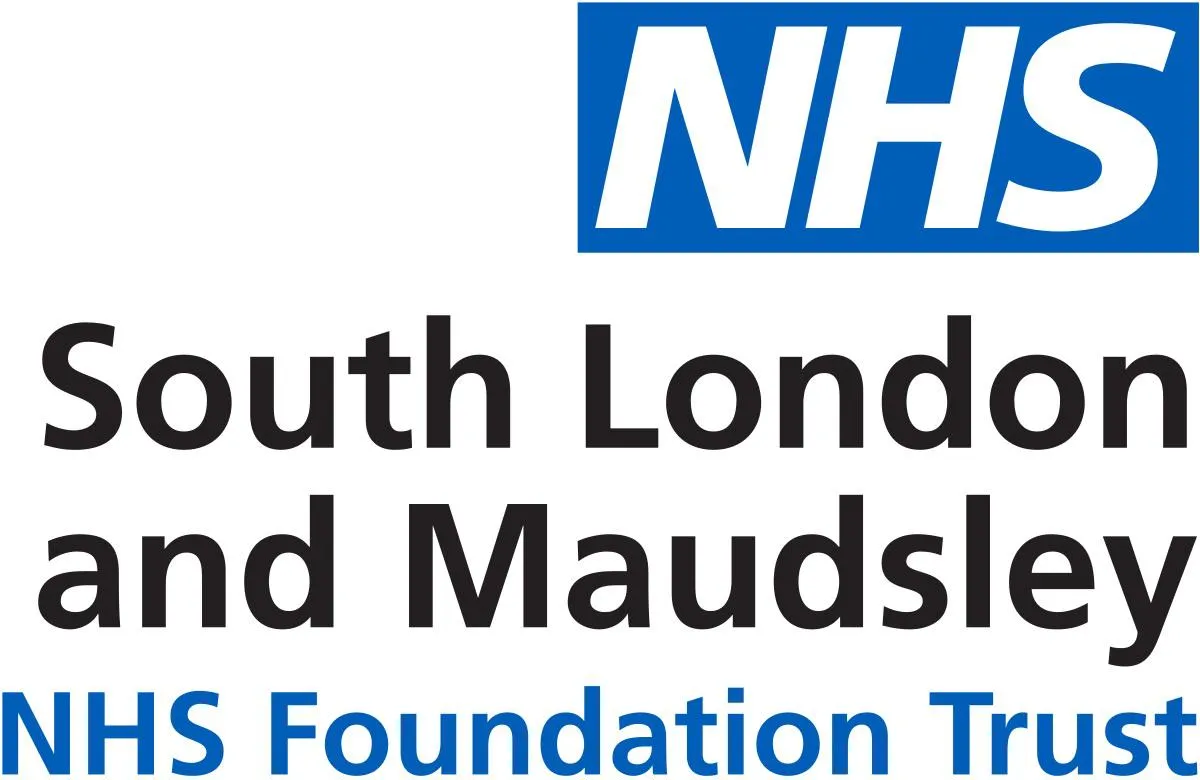Recovery Colleges Characterisation and Testing (RECOLLECT)
RECOLLECT stands for Recovery Colleges Characterisation and Testing, and is a programme of research investigating Recovery Colleges.
We have been awarded two National Institute of Health Research (NIHR) grants to further our understanding of Recovery Colleges in England: a programme development grant (reference RP-DG-0615-10008, 2017-2018) and a programme grant (reference 200605, 2020-2025).
What is a Recovery College?
Recovery Colleges are a new approach to supporting people living with mental health problems. They are collaborative, strengths-based, person-centred, inclusive (i.e. available to all) and community-focused.
A Recovery College provides support to students (mainly mental health service users but also family members, staff and other stakeholders) through adult education rather than through clinical approaches. The first Recovery College opened in England 2010, and there are now 77 across England, each working with up to 1,000 students at any time.
What does RECOLLECT involve?
Our first grant (RECOLLECT 1) addressed three questions:
- What are the defining characteristics of a Recovery College, and how does it differ from other medical and adult education approaches?
- How do Recovery Colleges work, and how do they benefit service users?
- Who uses Recovery Colleges?
Our second grant (RECOLLECT 2) aims to address how Recovery Colleges can provide the most benefit to people who use mental health services. We will:
- Explore the characteristics of Recovery Colleges and how closely they follow the developed fidelity measure
- Establish the costs associated with Recovery Colleges
- Look at how Recovery Colleges impact student outcomes at four, eight and 12 months after joining
- Explore the relationship between a Recovery College’s fidelity score and student outcomes for those who have recently used mental health services
- Refine the previously developed change model for service user and students
- Asses the effectiveness and cost effectiveness of Recovery Colleges
- Examine the relationship between Recovery Colleges, student outcomes and resource use.
- Establish the wider (organisational and contextual) factors influencing fidelity and outcomes
- Finalise the programme theory of RECOLLECT
The RECOLLECT programme will be co-produced with individuals who have lived experience of mental health problems, whether or not they have chosen to use Recovery Colleges.
We work with a Lived Experience Advisory Panel (LEAP) who input into what measures we use, co-design how we run the study and documentation for participants, interview participants, make sense of data, and assist with publicising findings.
Lived experience is also represented throughout the project, including in the Programme Steering Committee, research team, and International Advisory Board.
Aims
To address how Recovery Colleges can provide the most benefit to people who use mental health services. A Recovery College supports students (mainly mental health service users but also family members, staff, other stakeholders) through adult education rather than clinical approaches.
Our Partners






